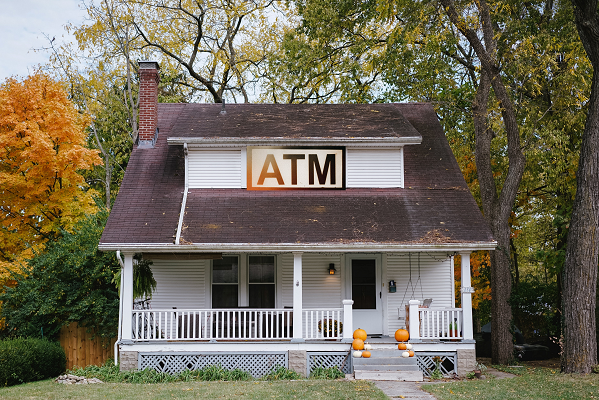An interesting thing happened in Croydon on Saturday. At a special school district meeting, 377 people decided that the voters who attended the annual meeting in March hadn’t offered enough charity ($800,000) to parents of school-aged children, so they gathered to extort more (an extra $900,000) through the threat of force (give us the money, or we’ll take your house).
One parent, who had already been offered $27,000 for tuition for his children at nearby public or private schools, insisted that he needed an additional $27,000. After the end of the meeting, he said that he had ‘never been prouder’ of his town.
He didn’t seem very concerned about the people from whom the money would be taken, or that over the course of their schooling, his children would cost the town more than $700,000.
Taking the money by force wasn’t unusual. It’s just the same kind of Marxism that happens in every district, every year.
As usual, the object lesson for the children of the district was that what you can’t do as an individual, with a gun, you can do as part of a gang, with a ballot. The first is robbery, which is bad. The second is democracy, which is good.
How are you supposed to raise moral children in a society that operates this way?
Anyway, what made Saturday unusual is the vote, which was 377 to 2, because the 40% of registered voters who believed that their money was their money boycotted the special meeting.
Normally, when people vote at a meeting like this, you can’t really tell who voted for what. That’s the nature, and the purpose, of a secret ballot. With a result like 20 to 14, or 183 to 105, anyone can claim to have voted either way.
But when only one side shows up, there are no secrets. And that’s the value of a boycott.
That is, the supervisors of the checklist in Croydon now have a list of people who are on record as claiming that the homes of their fellow residents can be used — under threat of confiscation — as ATMs to pay for things that they think are more important than whatever the owners of those homes would choose to do with the money.
Buying food, for example. Or medicine, or heating oil, or home repairs.
A couple of weeks before the meeting, one of the 377 was asked: Shouldn’t we try to at least consider that there are people who are elderly, or on fixed incomes, or just poor, who maybe can’t afford to have their taxes keep going up? The answer was, and I quote: No, that’s just too bad for them.
This is one of the people that the parent I mentioned earlier is so proud of.
Anyway, that checklist is the closest thing you can get to a signed ransom note.
And it’s public information. So the question now is: What should be done with it?
